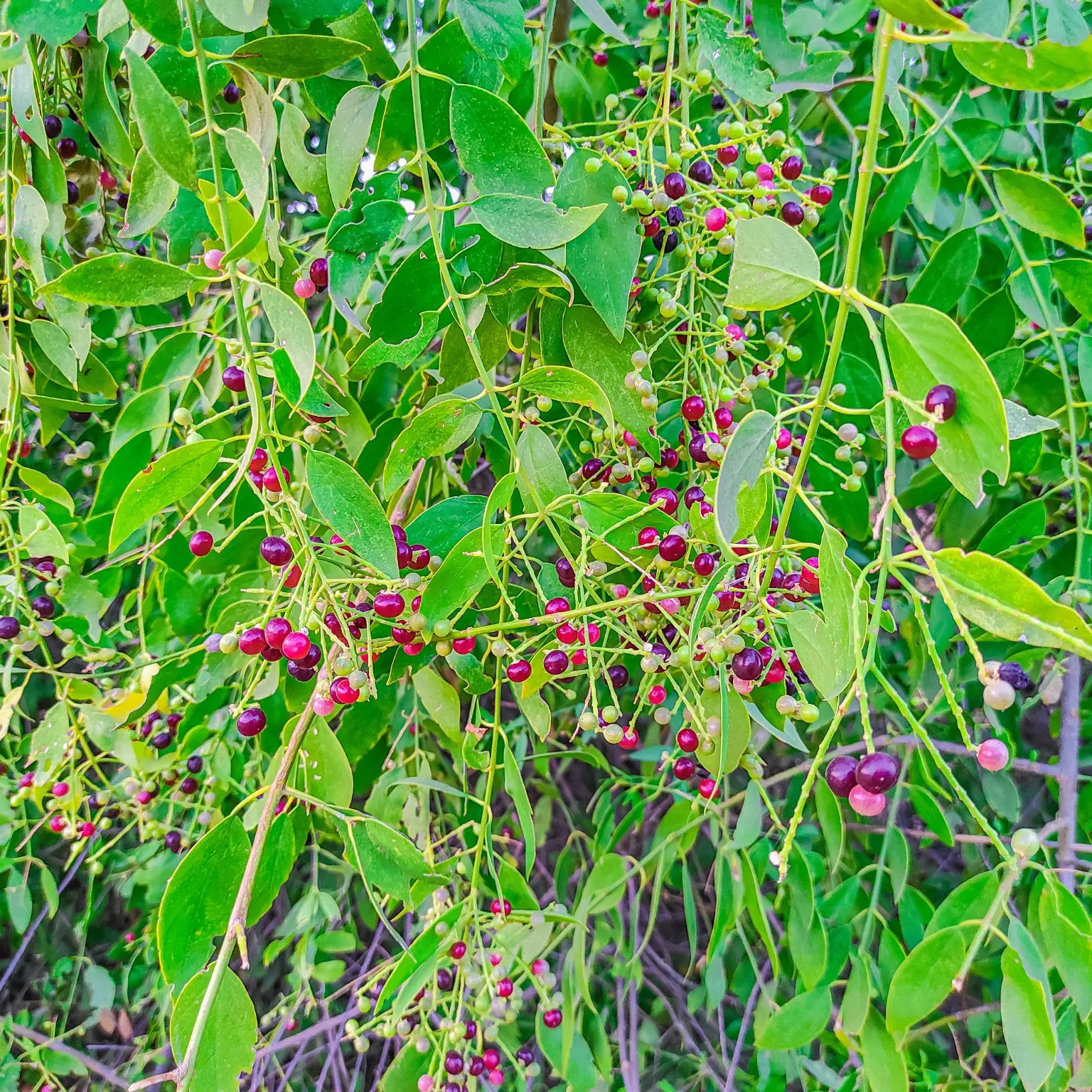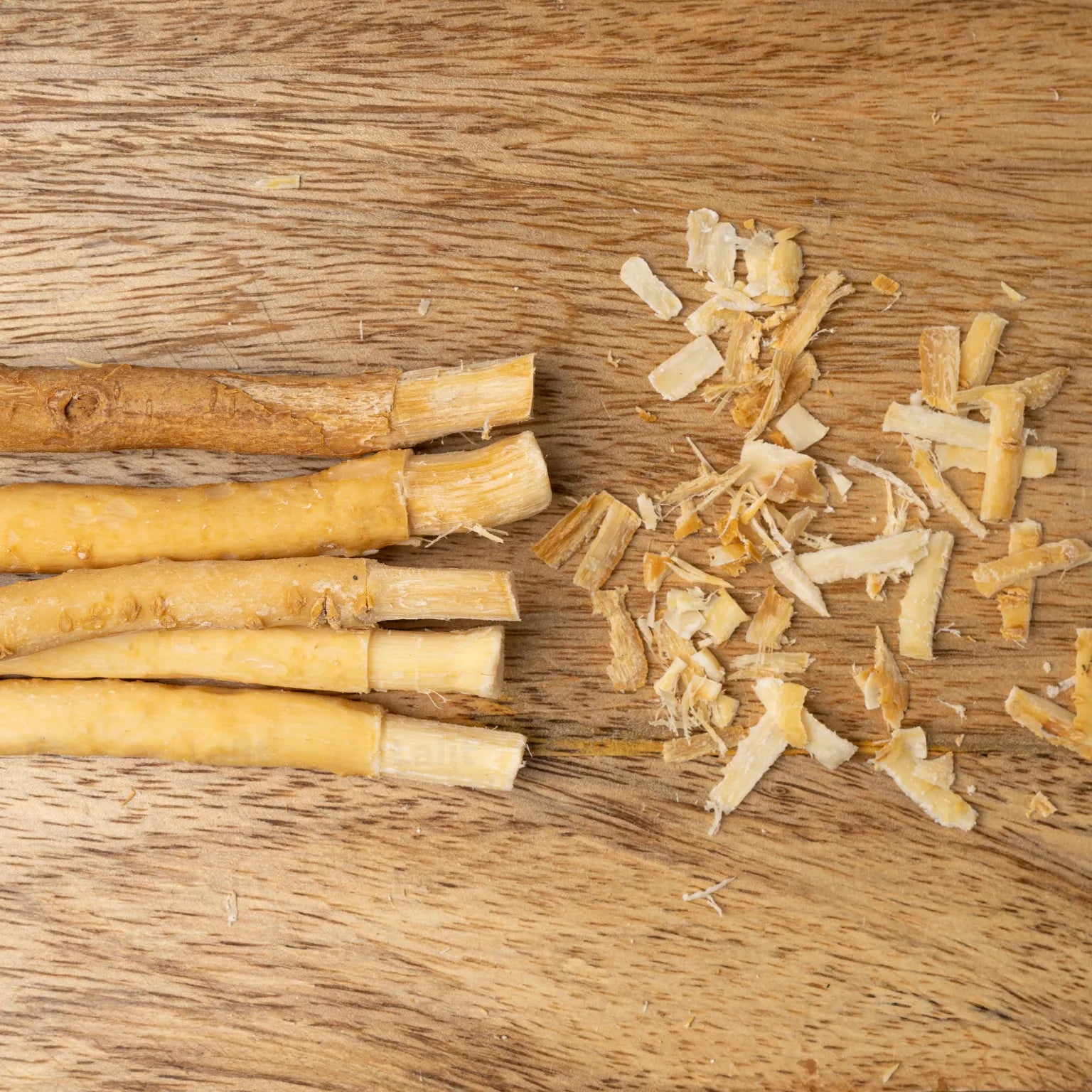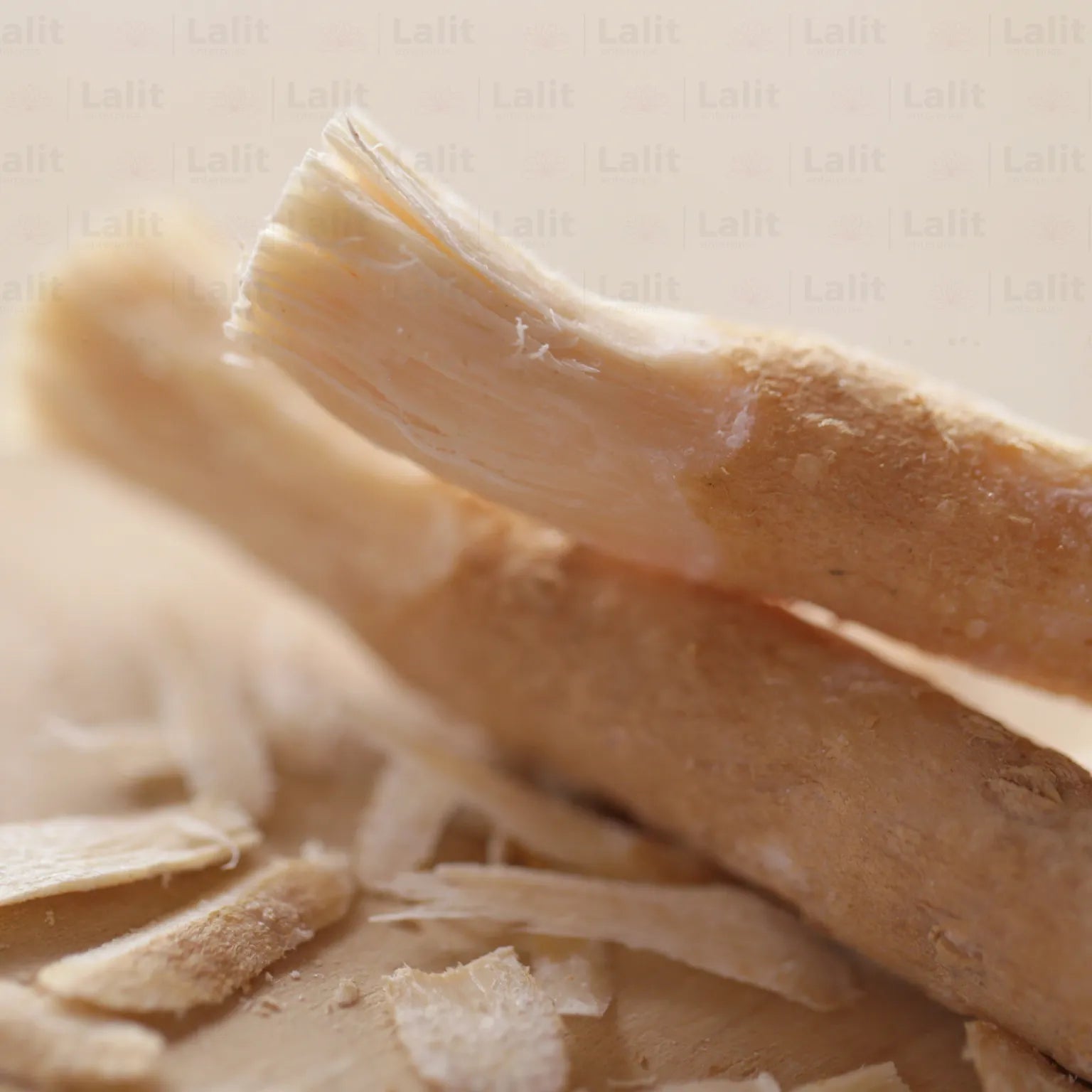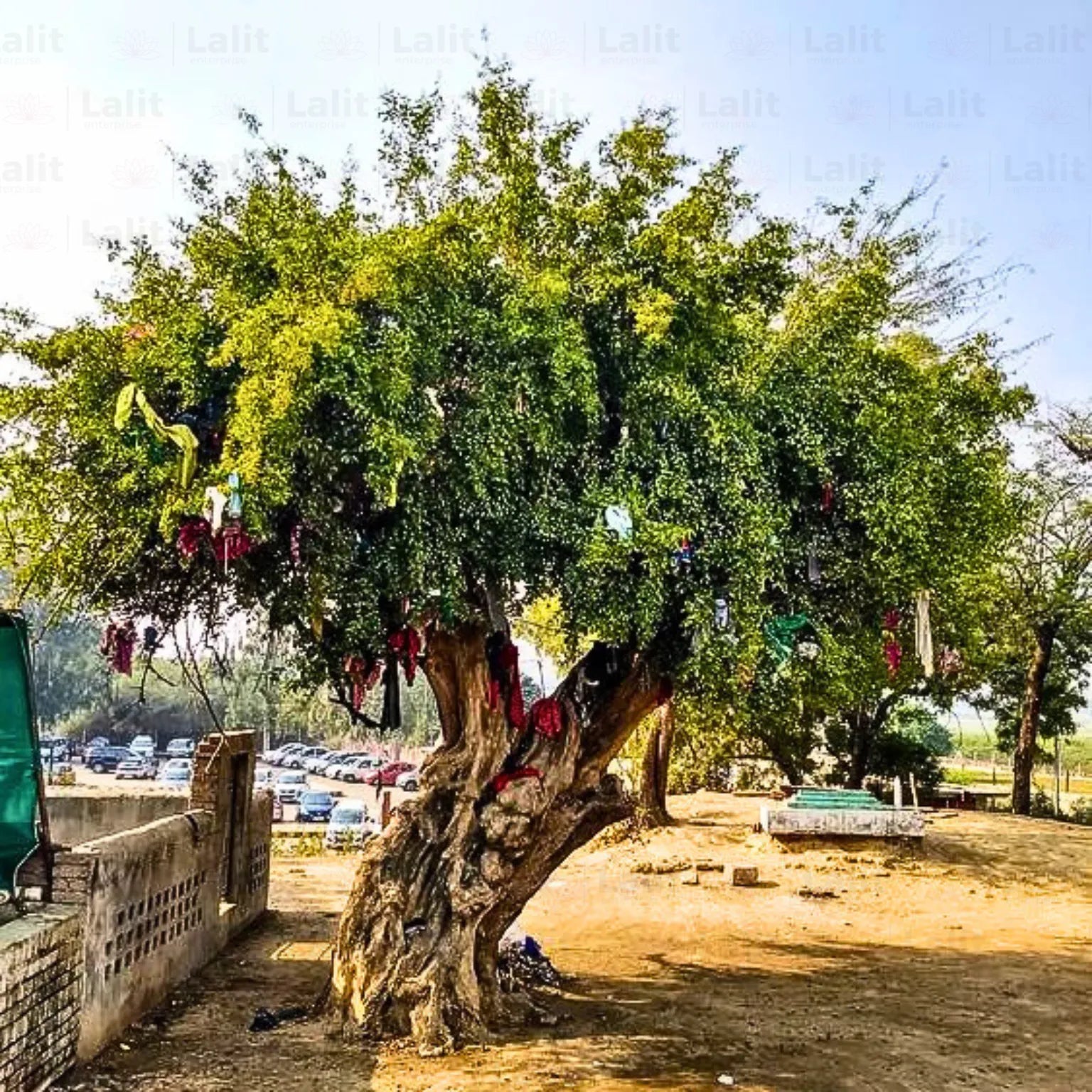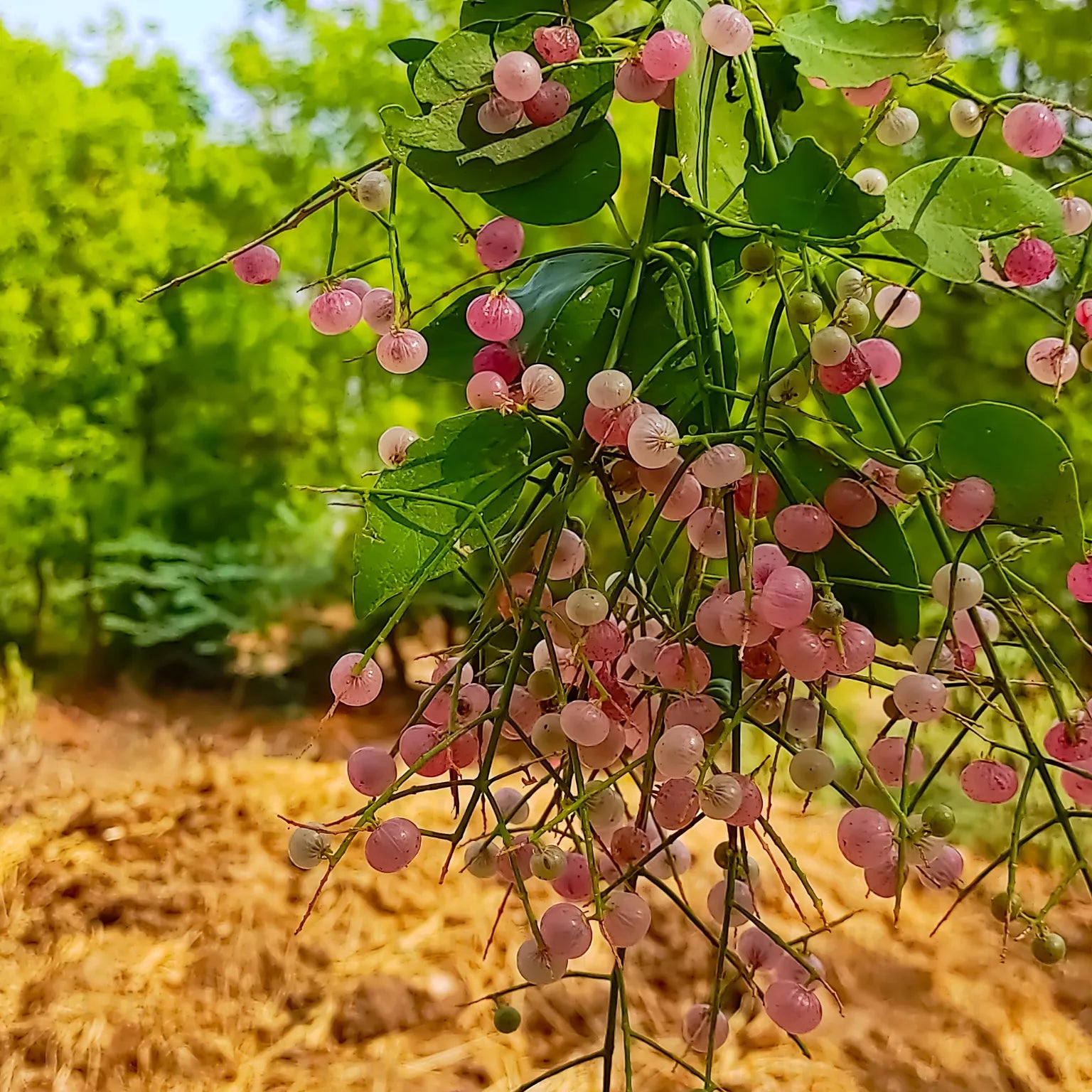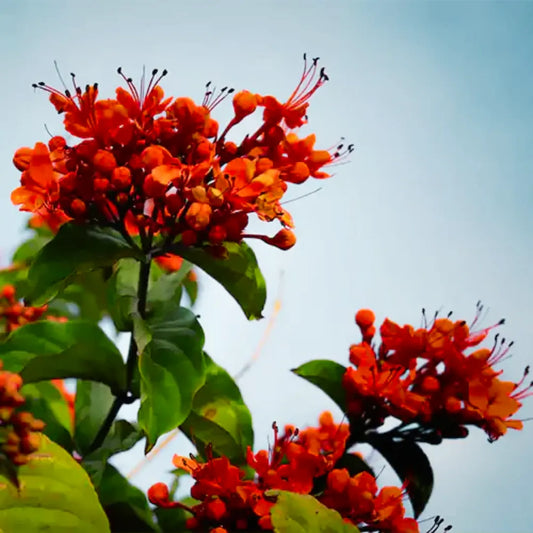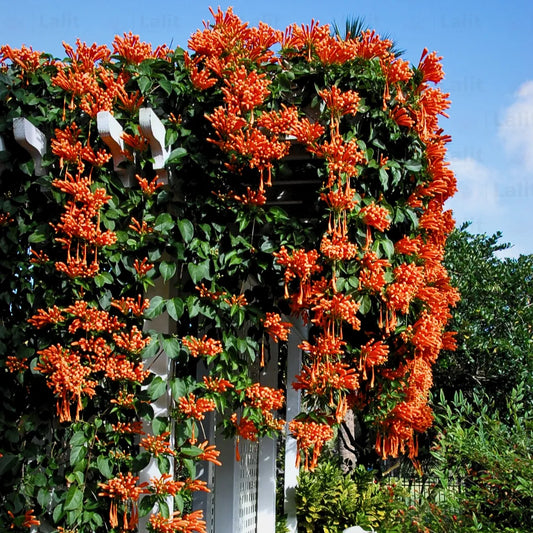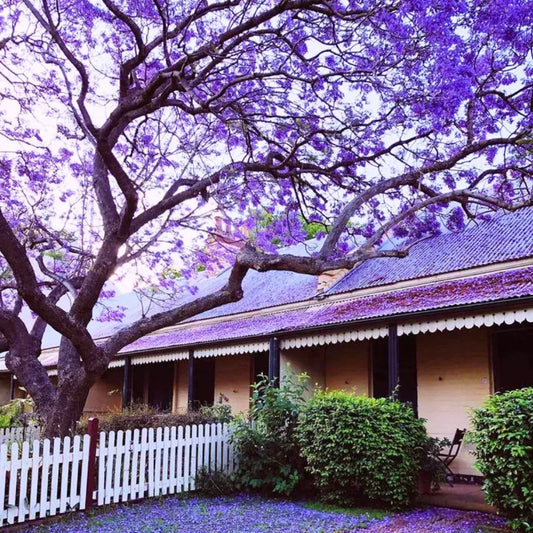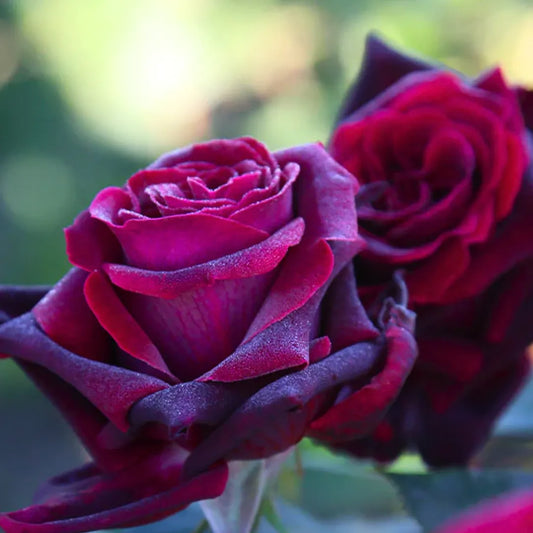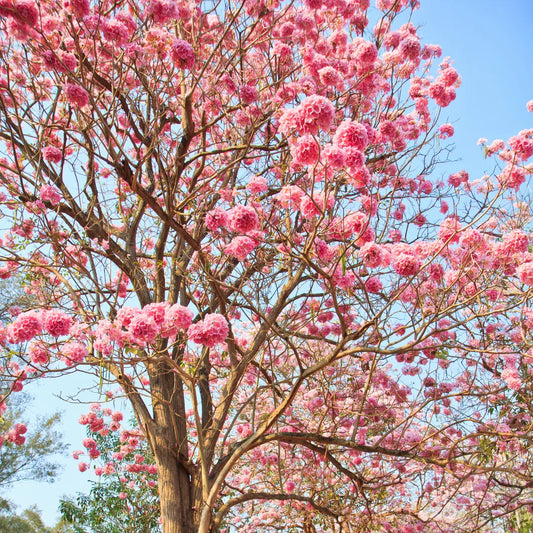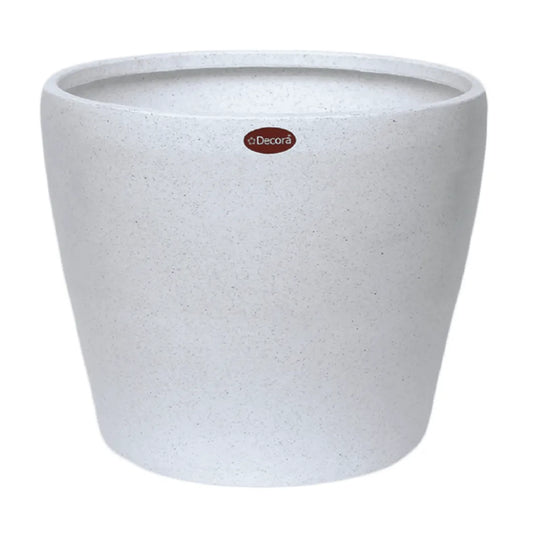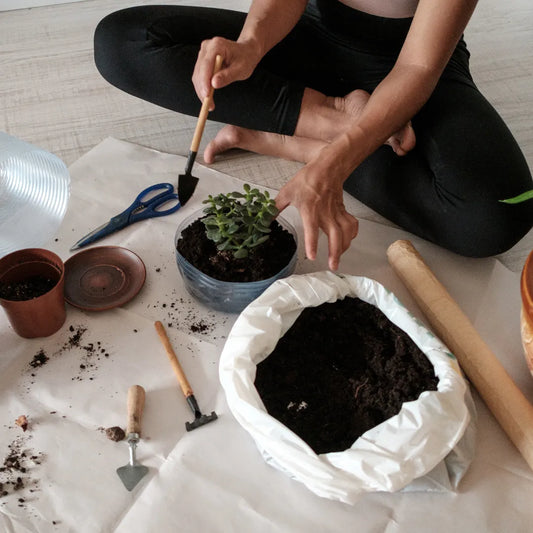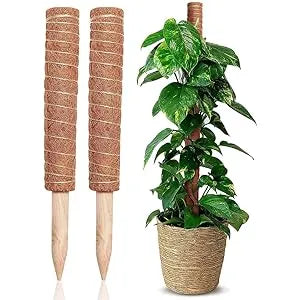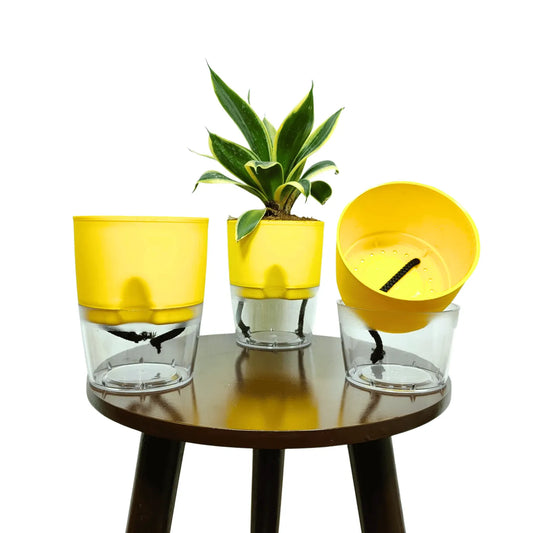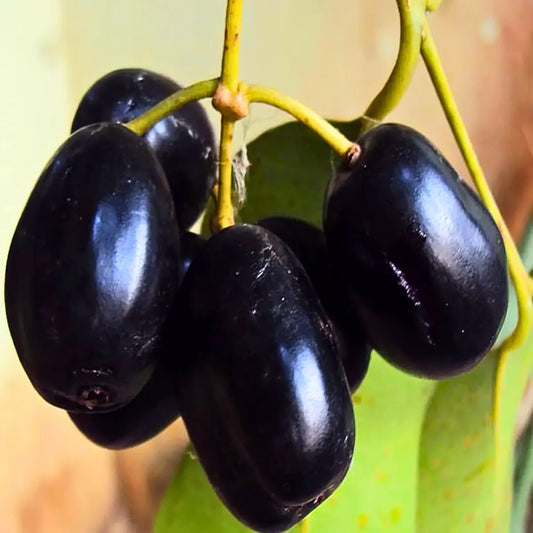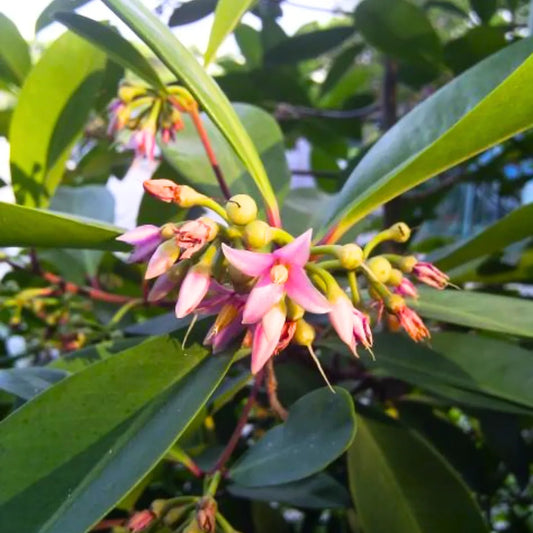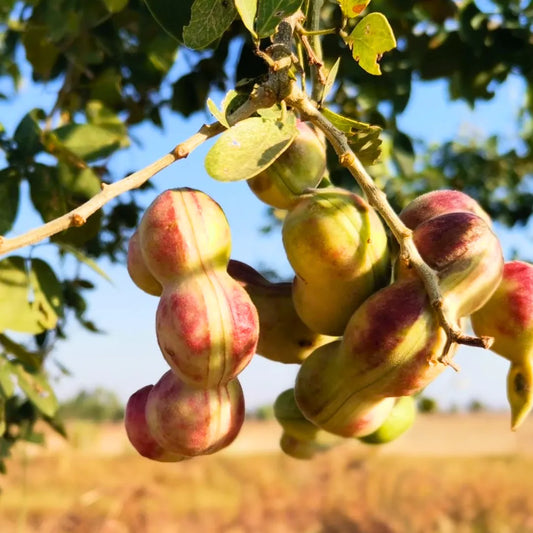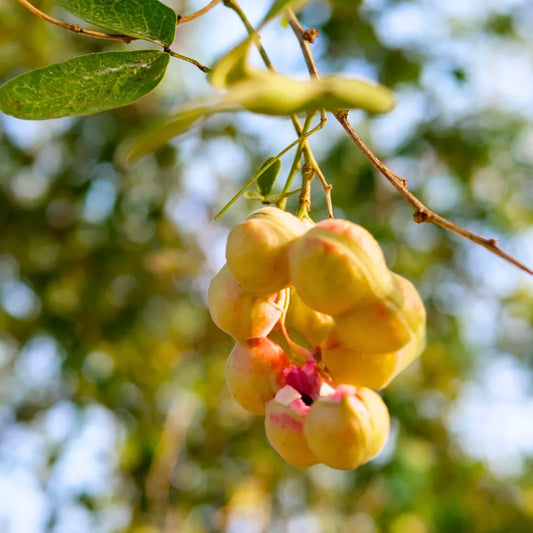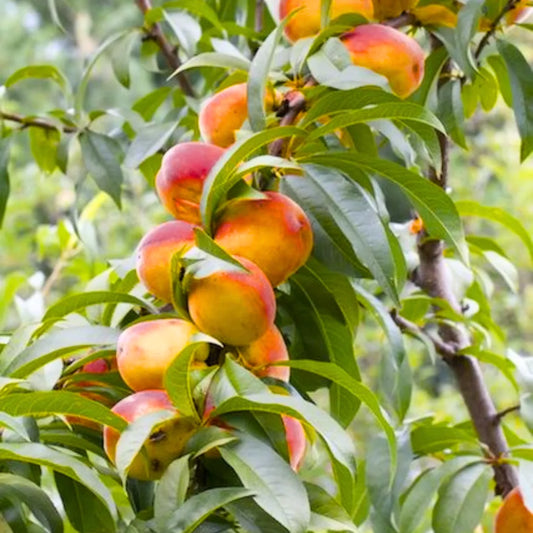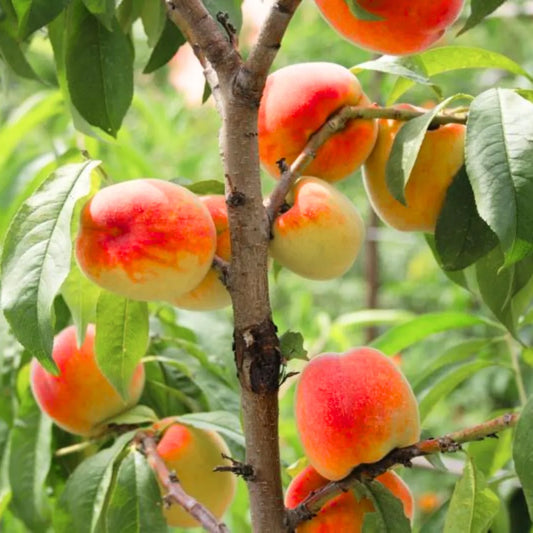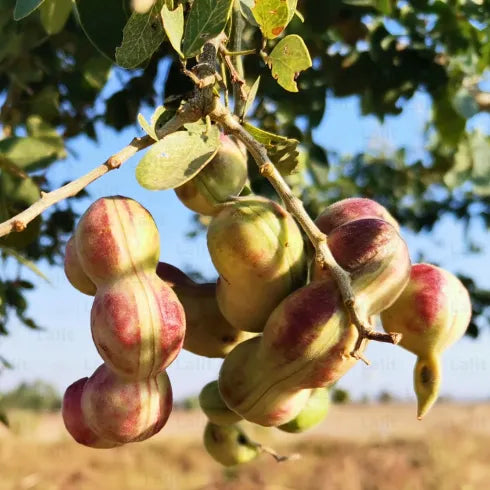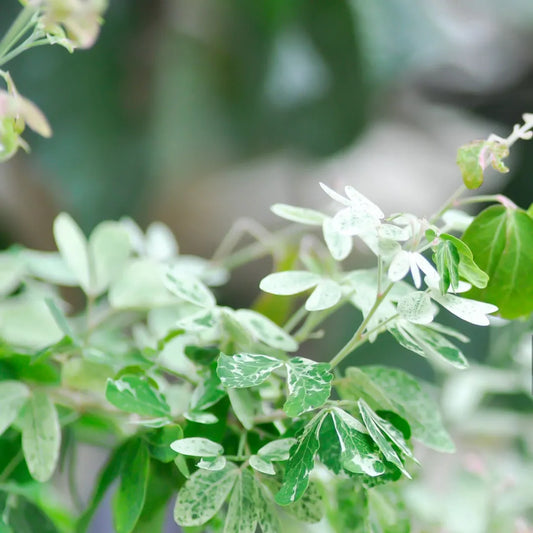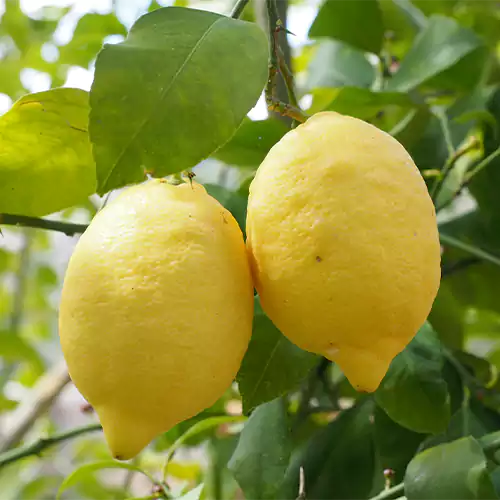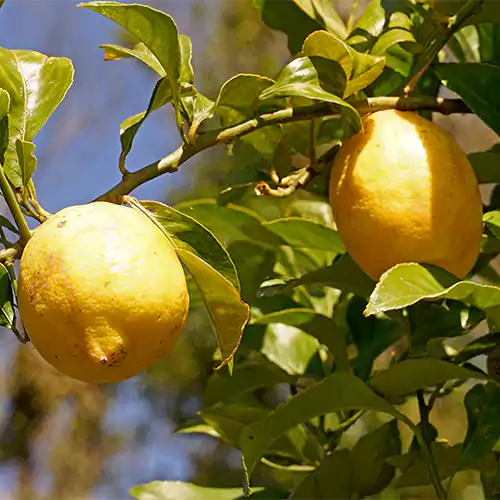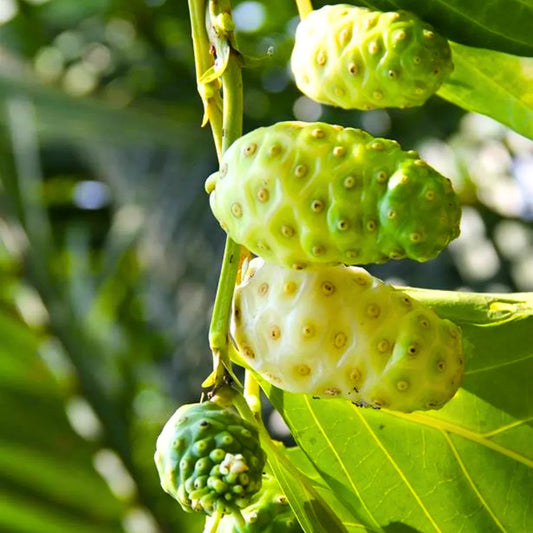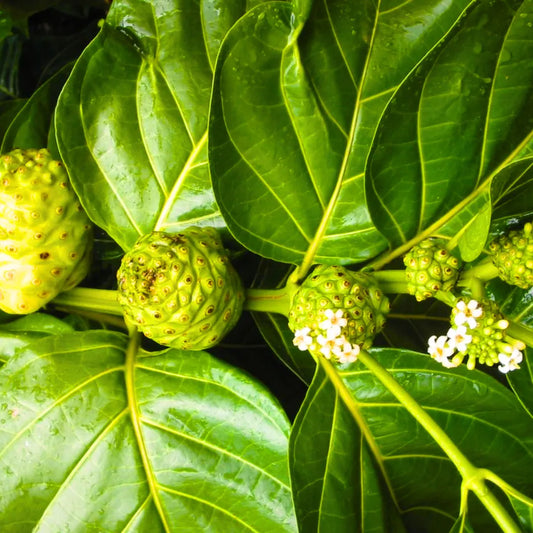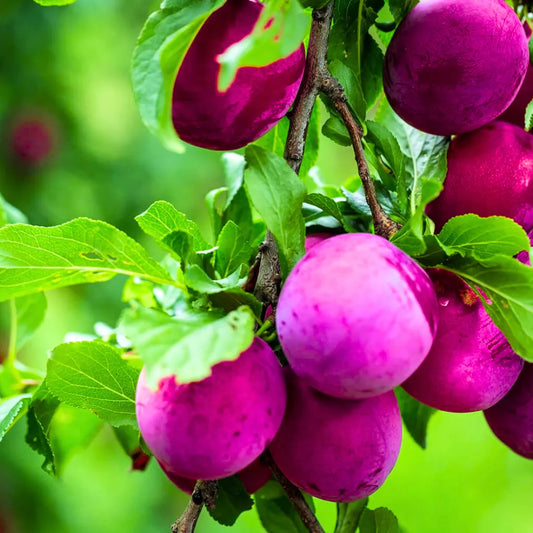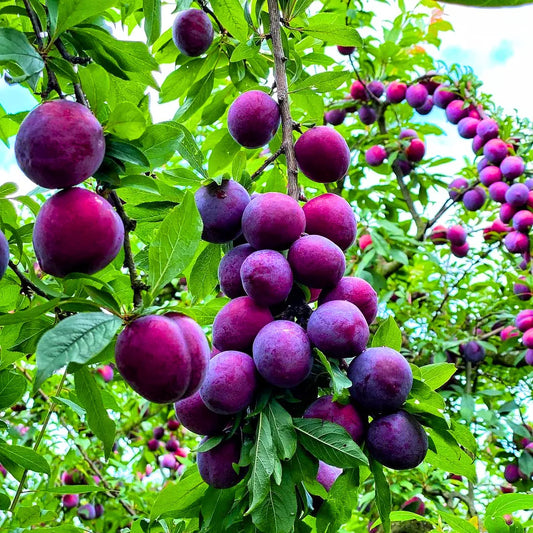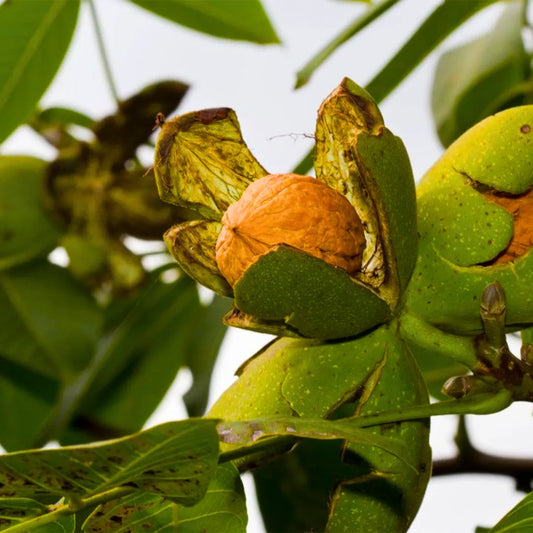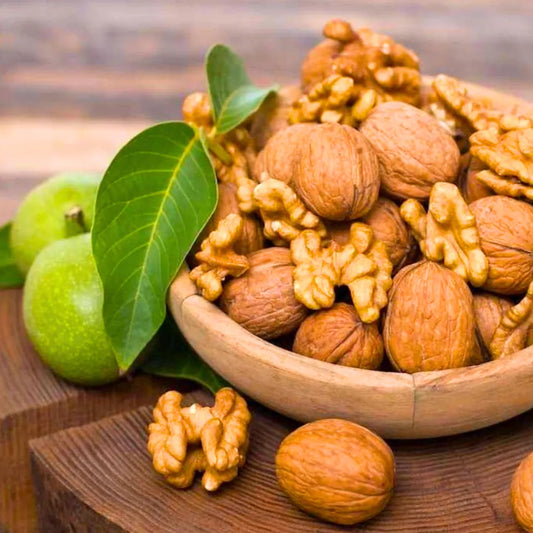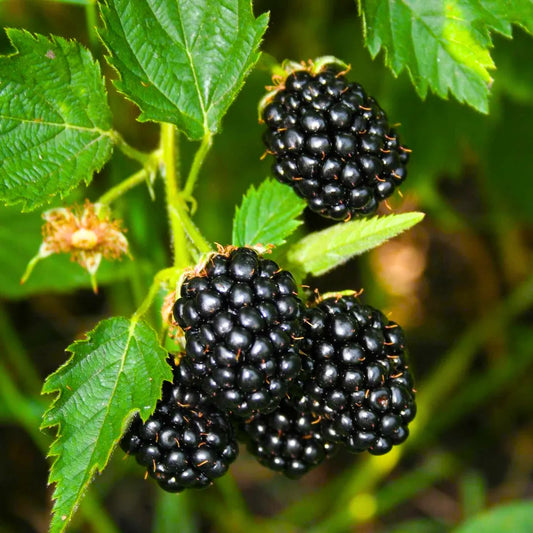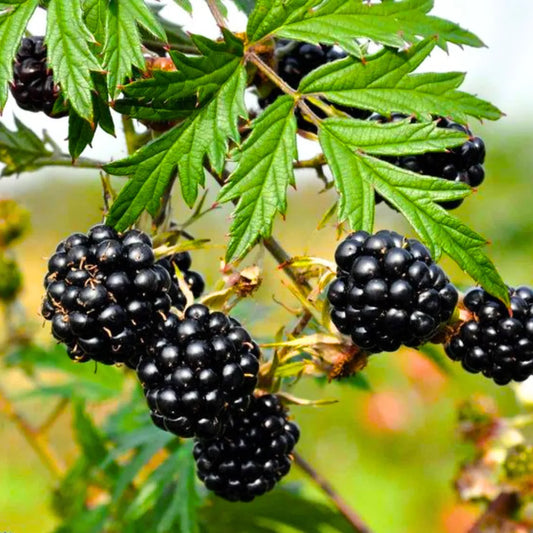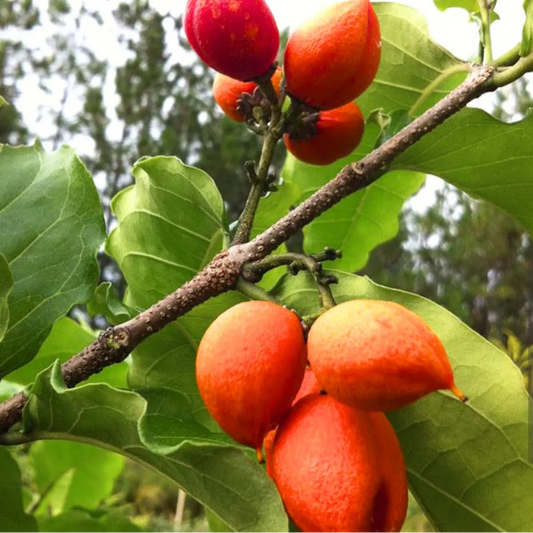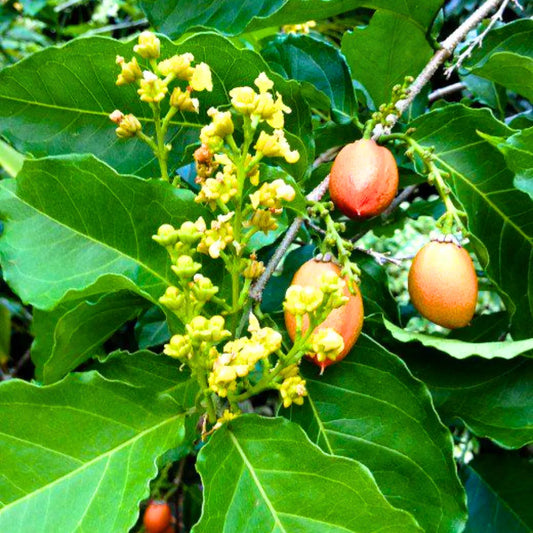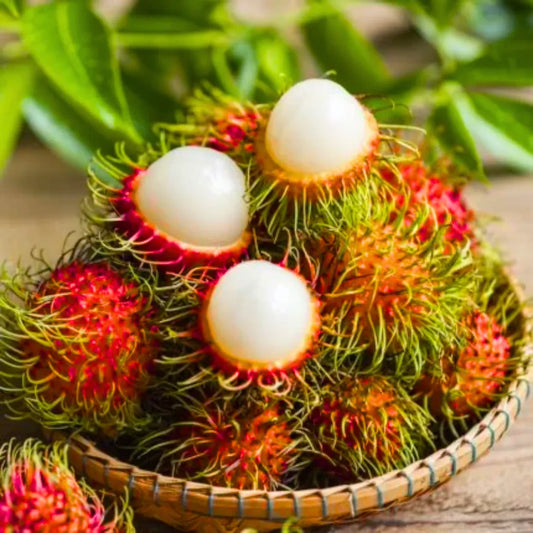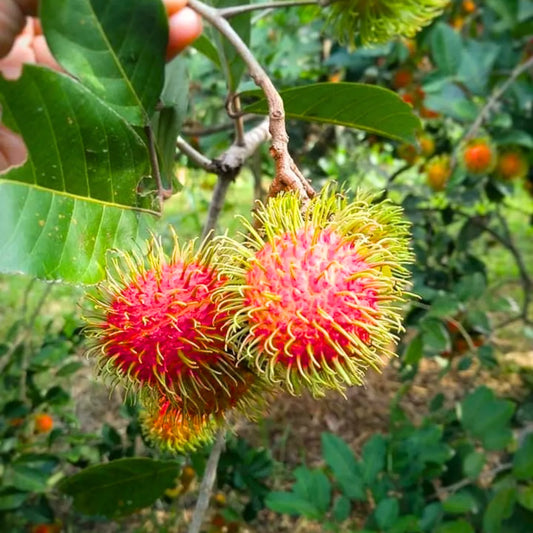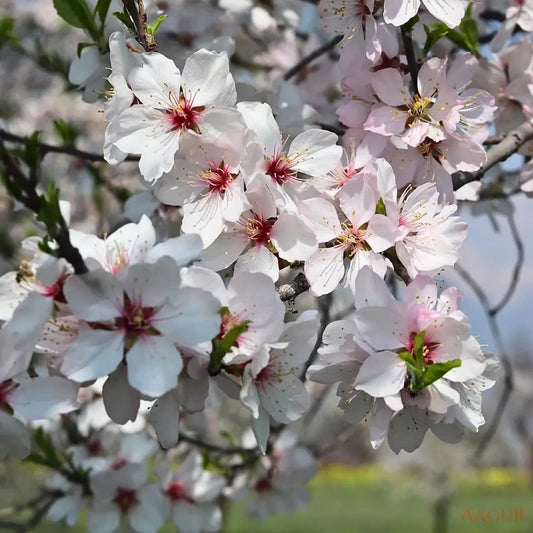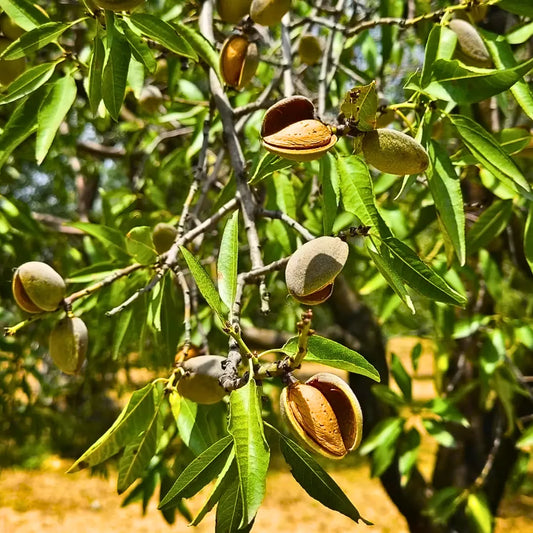Miswak Tree (Salvadora Persica) - Plant
Miswak Tree (Salvadora Persica) - Plant
Salvadora Persica
Couldn't load pickup availability
Share this product
Note: Plants may slightly differ from shown images depending on Season and growth pattern
Questions? Speak with our Experts: 797-436-5167
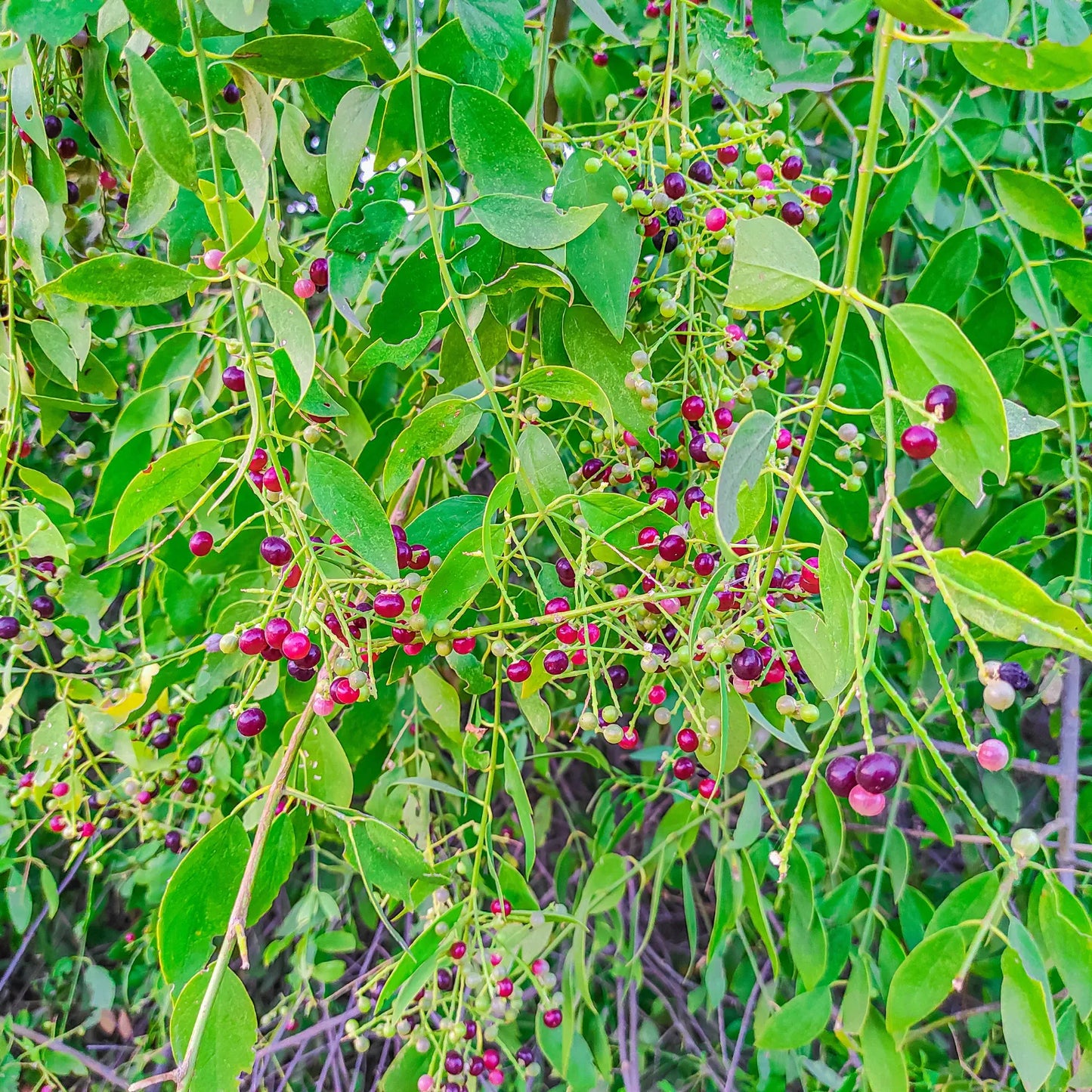
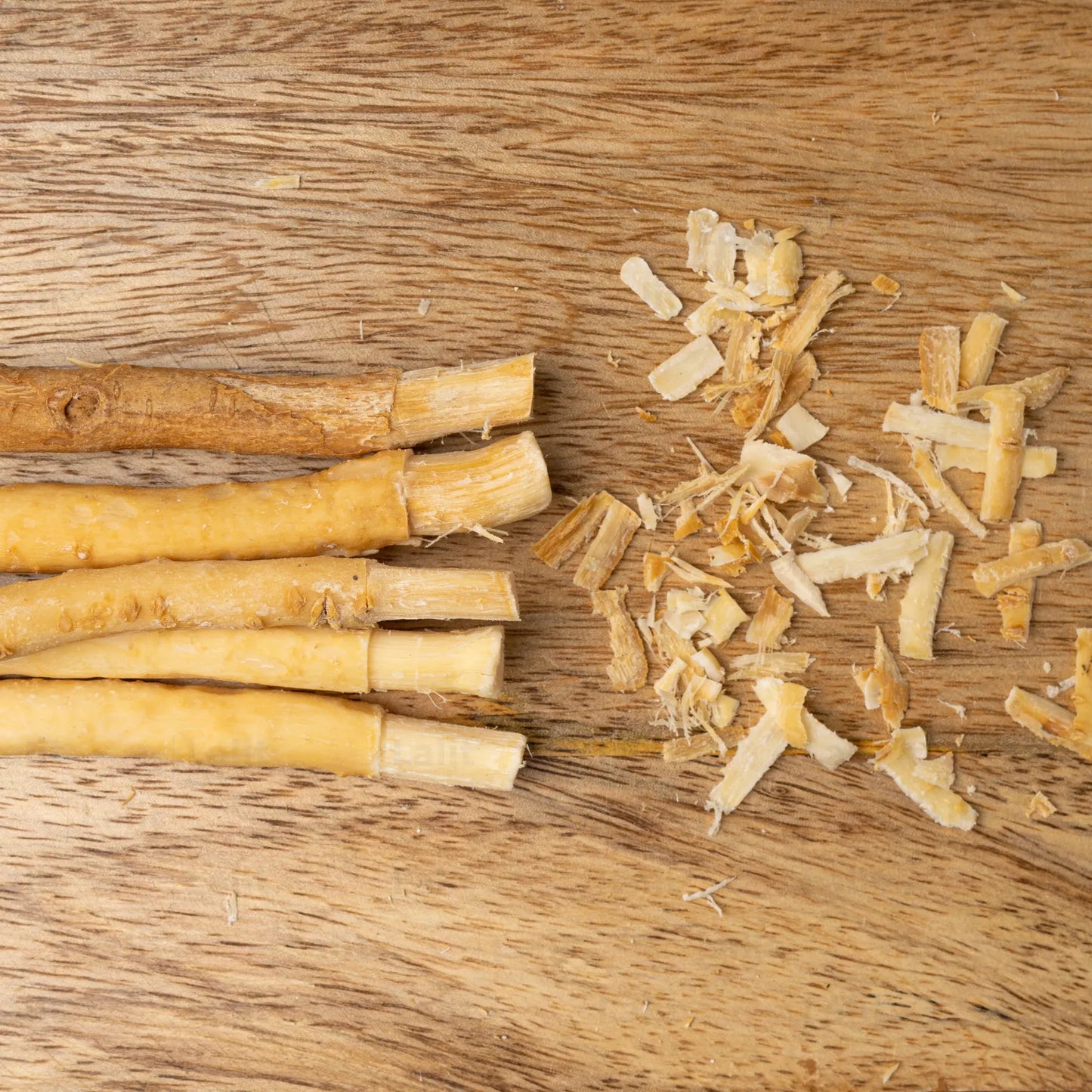
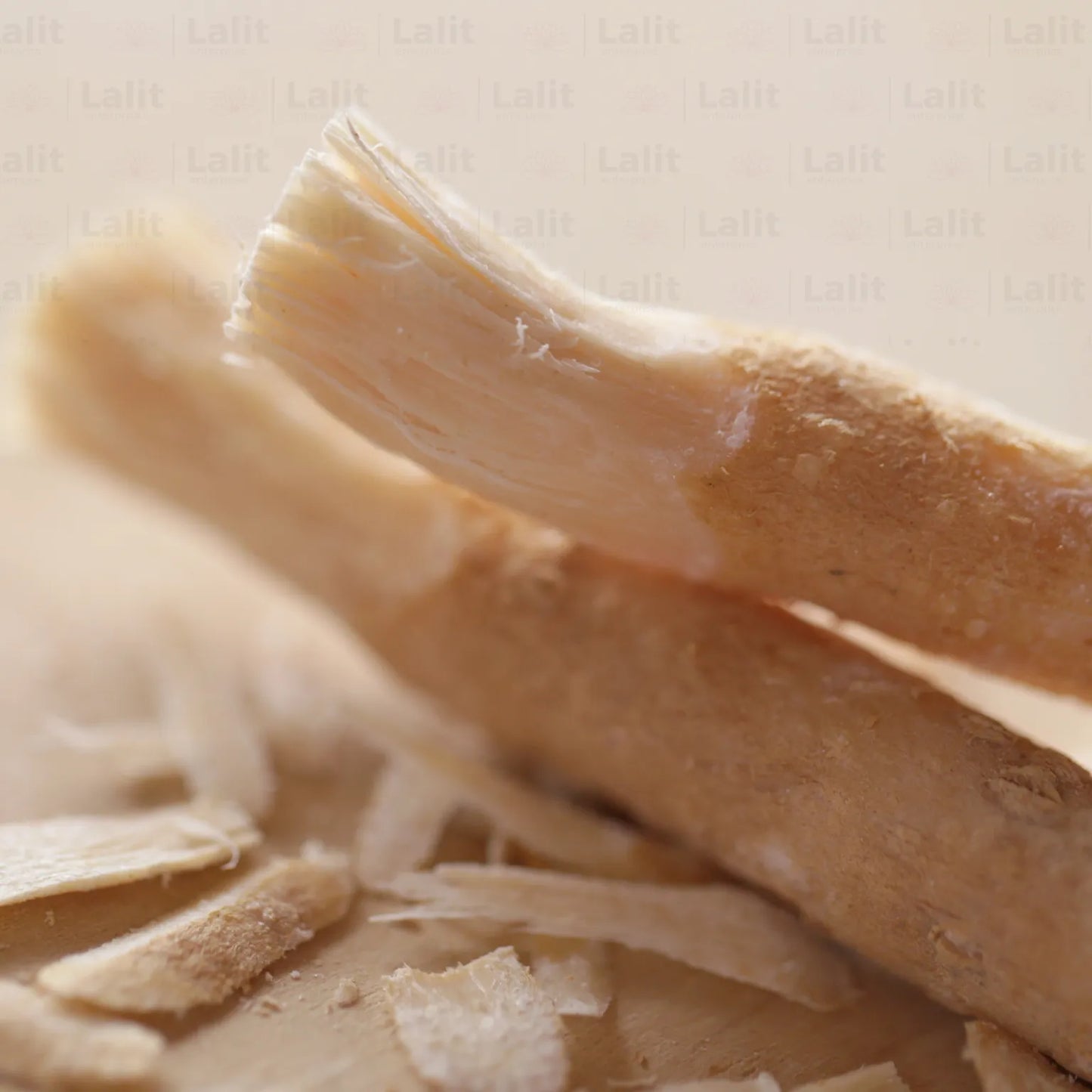
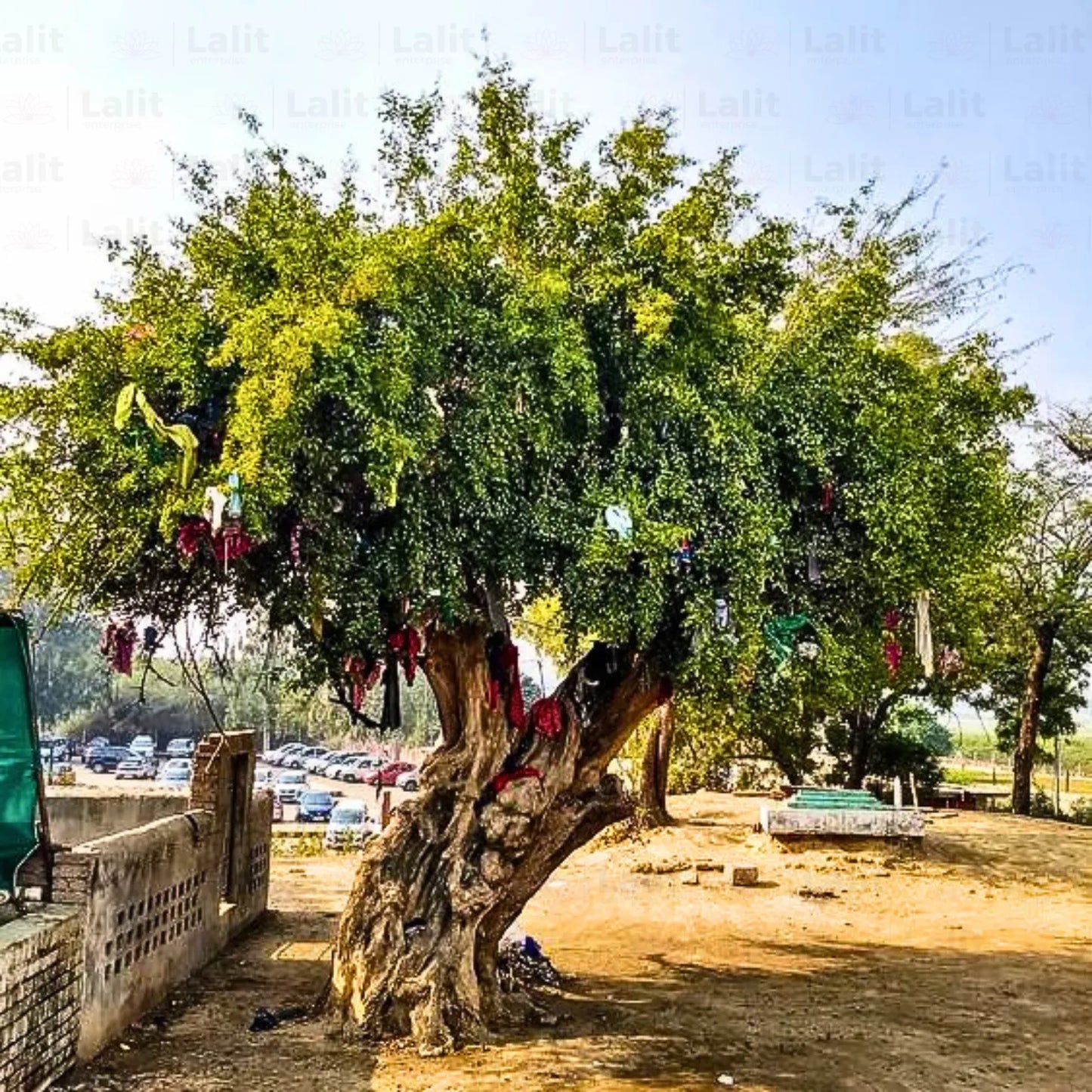
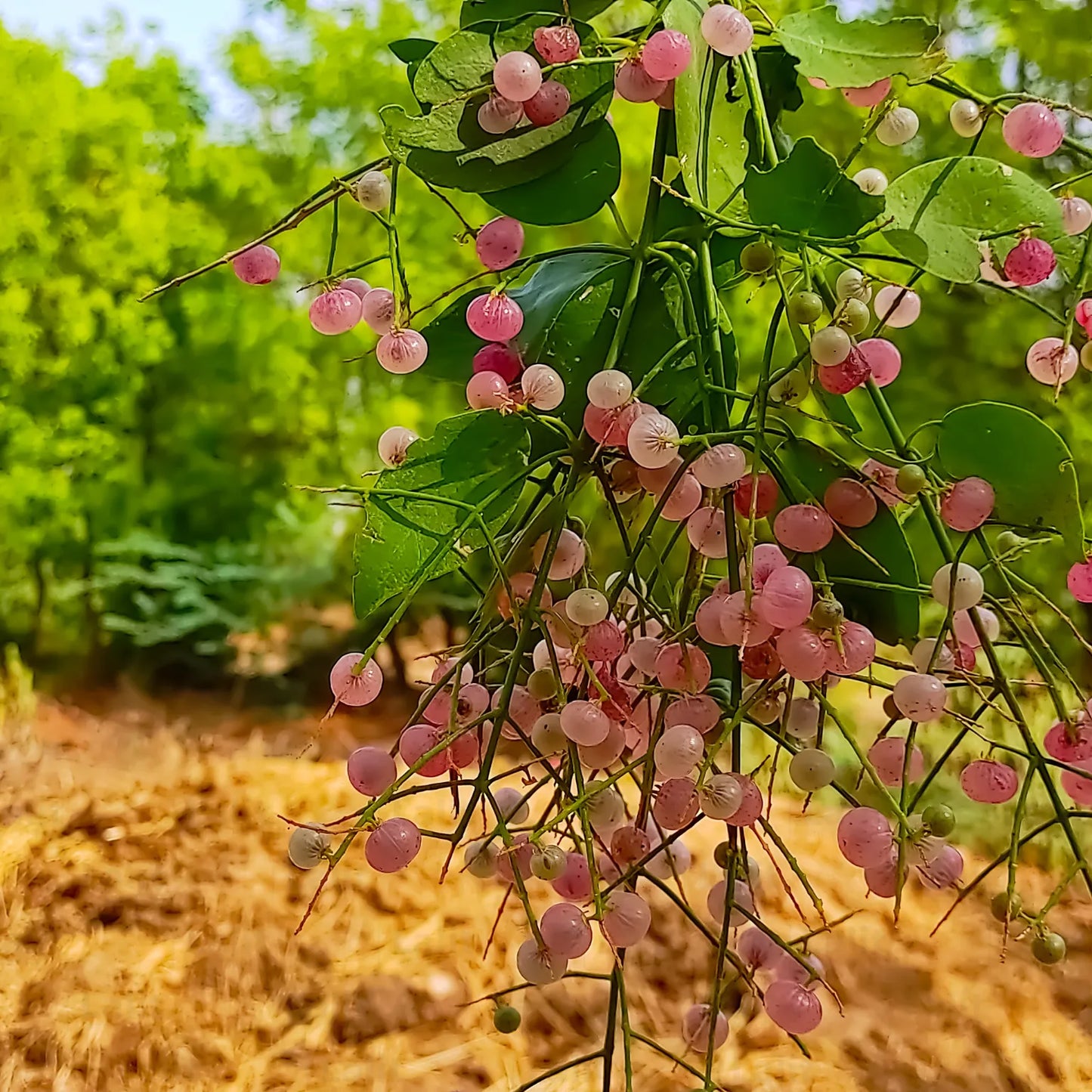
Miswak Tree (Salvadora Persica) - Plant
The Miswak Tree, scientifically known as Salvadora Persica. It is a small, evergreen tree widely recognized for its traditional use as a natural toothbrush. Native to Africa, the Middle East, and parts of Asia. This hardy plant thrives in arid regions.
The Miswak Tree is best suited for outdoor cultivation, as it requires full sun and well-draining soil to flourish. Its twigs and roots have been used for centuries in oral hygiene due to their antibacterial properties. It is a unique and culturally significant plant. Easy to grow and drought-resistant. The Miswak Tree is an excellent choice for those interested in sustainable, natural remedies.
Growing Requirements
Growing Requirements
Sunlight for Miswak Plant
Your Miswak plant thrives in full sunlight, requiring at least 6–8 hours of direct sun daily for healthy growth and strong root development.
Watering
Water your Miswak plant moderately, allowing the soil to dry out between waterings. It is drought-tolerant and prefers well-drained soil to prevent root rot.
Fertilizng for Miswak Plant
Fertilize your Miswak plant with a balanced organic fertilizer or compost every 2–3 months during the growing season to promote healthy foliage and root growth. Avoid over-fertilization.
Planting and Care
Planting and Care
Container
Use a medium to large container (at least 16–20 inches deep) with good drainage. Choose well-draining sandy or loamy soil to support the Miswak plant’s drought-tolerant nature.
Pruning
Use a medium to large container (at least 16–20 inches deep) with good drainage. Choose well-draining sandy or loamy soil to support the Miswak plant’s drought-tolerant nature.
Propagation
Your Miswak plant is propagated through seeds or stem cuttings. Seeds should be sown in well-draining soil, while cuttings root best in warm, moist conditions with indirect light.
Repotting
Repot your Miswak plant every 2–3 years or when root-bound. Choose a slightly larger pot with fresh, well-draining soil to support continued healthy growth.
Common Pest
Miswak plant may occasionally face pests like aphids, mealybugs, and spider mites. Use neem oil spray or mild insecticidal soap to manage infestations naturally.
Dimensions
Dimensions
Live Plant along with a Plastic Pot.
Plant height is 12"-18" inches in Medium size Pot.
Plant height is 24"-36" inches in Large size Pot.
Low maintenance, outdoor, medicinal plant, used as natural toothbrushes due to their antibacterial properties.
Shipping Details
Shipping Details
In General our team requires 1-2 Days for Processing the Plants and further 3-4 days for it to reach your Home Safely
Our team makes sure to selects only the healthiest, happiest plants for you. We pack them with extra love and care, making sure they have everything they need for a safe and comfortable journey to your doorstep.
We deliver quickly and safely across the country, so your new plant arrives fresh and ready to thrive.
Questions? Speak with our Experts: 797-436-5167
On Bloom This Season
-
Clerodendrum Splendens "Flaming Glorybower" - Plant
No reviewsRegular price From Rs. 449.00Regular priceUnit price / perRs. 700.00Sale price From Rs. 449.00Sale -
Trumpet Vine (Pyrotegia Venusta) - Plant
No reviewsRegular price From Rs. 349.00Regular priceUnit price / perRs. 500.00Sale price From Rs. 349.00Sale -
Jacaranda Mimosifolia "Neel Mohar" - Plant
No reviewsRegular price From Rs. 549.00Regular priceUnit price / perRs. 750.00Sale price From Rs. 549.00Sale -
Black Lady Rose - Plant
No reviewsRegular price From Rs. 599.00Regular priceUnit price / perRs. 800.00Sale price From Rs. 599.00Sale -
Tabebuia Rosea (Rosy Trumpet Tree) "Pink Poui" - Plant
2 reviewsRegular price From Rs. 549.00Regular priceUnit price / perRs. 750.00Sale price From Rs. 549.00Sale
Gardening Add-Ons
-
Decora Pots (Premium Quality) " Gleyz vertical”- “Code – GV”
No reviewsRegular price From Rs. 873.00Regular priceUnit price / per -
Vermicompost- Nutrient Rich Soil Mix (1KG)
No reviewsRegular price Rs. 99.00Regular priceUnit price / per -
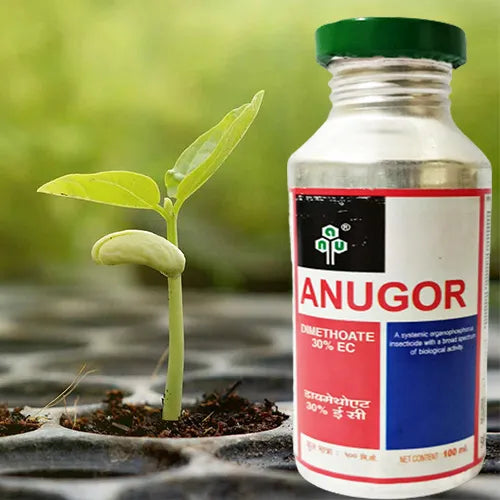 Sold out
Sold outInsecticide | Anugor Insecticide
No reviewsRegular price Rs. 165.00Regular priceUnit price / per -
Cocoliner Supporting Poles (Coir Poles)
No reviewsRegular price Rs. 150.00Regular priceUnit price / perRs. 199.00Sale price Rs. 150.00Sale -
LOBELLO Premium Quality self watering pot
No reviewsRegular price From Rs. 99.00Regular priceUnit price / per
Best Selling Fruit Plants
-
Thai KG 10 Jamun (Syzygium Cumini) - Plant
No reviewsRegular price Rs. 1,449.00Regular priceUnit price / perRs. 1,950.00Sale price Rs. 1,449.00Sale -
Ardisia Elliptica (Duck's eye, Coralberry) - Plant
No reviewsRegular price Rs. 1,249.00Regular priceUnit price / perRs. 1,700.00Sale price Rs. 1,249.00Sale -
Jungle Jalebi "Thornless" (Pithecellobium Dulce) - Plant
No reviewsRegular price Rs. 1,399.00Regular priceUnit price / perRs. 1,850.00Sale price Rs. 1,399.00Sale -
Grafted Peach (Prunus Persica) Aadu – Plant
No reviewsRegular price Rs. 1,449.00Regular priceUnit price / perRs. 2,100.00Sale price Rs. 1,449.00Sale -
Jungle Jalebi white (Pithecellobium Dulce) Manila Tamarind - Plant
No reviewsRegular price Rs. 749.00Regular priceUnit price / perRs. 1,000.00Sale price Rs. 749.00Sale -
Kaagazi Nimboo, Lemon – Plant
No reviewsRegular price From Rs. 499.00Regular priceUnit price / perRs. 750.00Sale price From Rs. 499.00Sale -
Noni (Morinda Citrifolia) - Plant
No reviewsRegular price Rs. 1,399.00Regular priceUnit price / perRs. 2,100.00Sale price Rs. 1,399.00Sale -
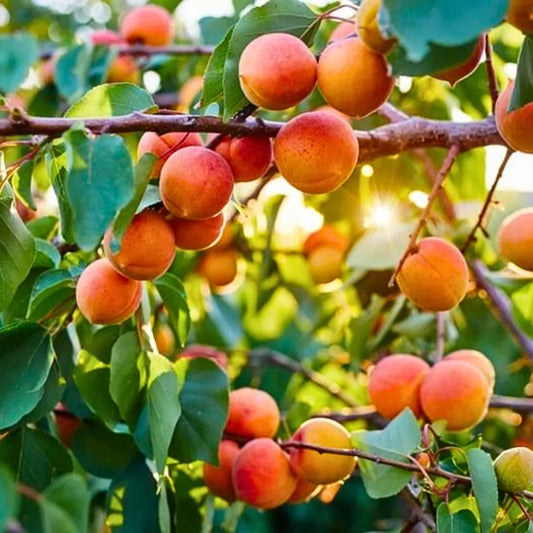
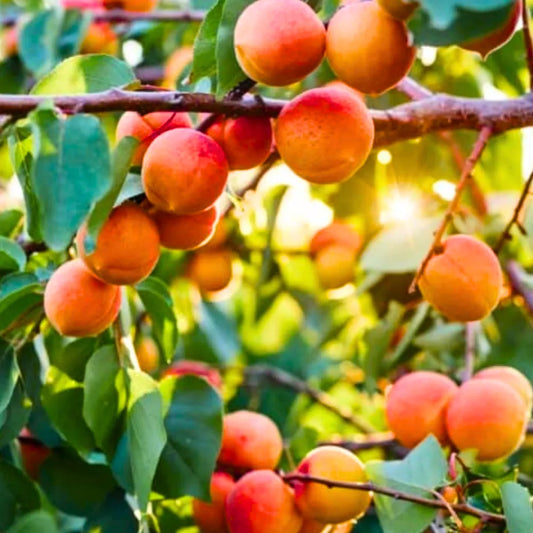 Sold out
Sold outApricot (Prunus Armeniaca) - Plant
No reviewsRegular price Rs. 1,399.00Regular priceUnit price / perRs. 2,100.00Sale price Rs. 1,399.00Sold out -
Plum (Prunus Domestica) Aloo Bukhara - Plant
No reviewsRegular price From Rs. 599.00Regular priceUnit price / perRs. 800.00Sale price From Rs. 599.00Sale -
Walnut (Juglans Regia) - Plant
No reviewsRegular price Rs. 649.00Regular priceUnit price / perRs. 900.00Sale price Rs. 649.00Sale -
Blackberry (Rubus Fruticosus) - Plant
No reviewsRegular price Rs. 1,499.00Regular priceUnit price / perRs. 2,000.00Sale price Rs. 1,499.00Sale -
Peanut Butter (Bunchosia Glandulifera) - Plant
No reviewsRegular price From Rs. 649.00Regular priceUnit price / perRs. 850.00Sale price From Rs. 649.00Sale -
Rambutan N18 (Nephelium Lappaceum) - Plant
No reviewsRegular price Rs. 1,149.00Regular priceUnit price / perRs. 1,700.00Sale price Rs. 1,149.00Sale -
Kashmiri Almond (Badam) - Plant
No reviewsRegular price From Rs. 749.00Regular priceUnit price / perRs. 1,000.00Sale price From Rs. 749.00Sale
Let customers speak for us
from 74 reviewsI have received the plant as shown and mentioned in website. Packaging was excellent. I request the team to keep same momentum and quality. I will buy again. Thank you for making me happy.
Nice packing good plant
The plant, a creeper Thunbergia grandiflora alba white received in excellent condition. The plant looks healthy and hope it grows well. The size was small but already had flowering buds. Keep up the good work.
The packaging of the plant was excellent. The plant was healthy. I wish it grows well in our garden and bloom well. Keep up the good work.
this is my second purchase from Lalit ent. From Bhopal to Mumbai. Nice timely delivery. Healthy plant. Both desi hibiscus and Rama Tulsi healthy plants
Packaging 5 Stars
Delivery time 4 Stars.
Plant quality - Healthy
Plant size - As expected
Shipped through Nursery Nisarga via Delhivery
Plant arrived healthy and in excellent packaging. Best packaging I've seen from any online nursery. Thanks nursery Nursery Nisarga
The plant was very fresh and neatly packed. The delivery was quicker than I expected and very pleased with it. Doesn’t have any flowers yet but I’m very sure it’ll bloom some wonderful flowers as time progresses.
Good packing
I recently purchased Kalpvriksha plant from Lalit Enterprise, it delivered in very good condition
Nice packaging. thanks
My alocasia has been an absolute delight... While the first few leaves started to turn yellow initially, I kept caring for the plant as recommended, and to my joy, it began to thrive beautifully. Now it graces my home with lush, vibrant foliage and adds a tropical charm that’s simply unmatched. It's a resilient and rewarding plant that truly transforms with the right care. Highly recommended...
Its beautifully variegated foliage, with shades of green and creamy yellow, adds a touch of sophistication to any space. The plant I received was well-packaged, healthy, and ready to thrive. It has quickly become the centerpiece of my indoor garden. Caring for it is simple, making it a great choice for both beginners and seasoned plant enthusiasts. If you're seeking a plant that's equal parts stylish and low-maintenance, this one's a winner....
The plant arrived in perfect condition, and its furry, rabbit like rhizomes are such a delight….. truly unique and charming. It's a breeze to care for, needing just the right amount of indirect light and moisture to thrive. The lush, vibrant green leaves have added a touch of natural elegance to my space, and it's quickly become a favorite in my plant collection. Lalit Enterprises provided top-notch service with fast delivery and excellent packaging. Highly recommend both the Rabbit Foot Fern and Lalit Enterprises to anyone looking to add a stunning plant to their home....
Plants are too awesome and healthy condition plants I will place more orders in future


